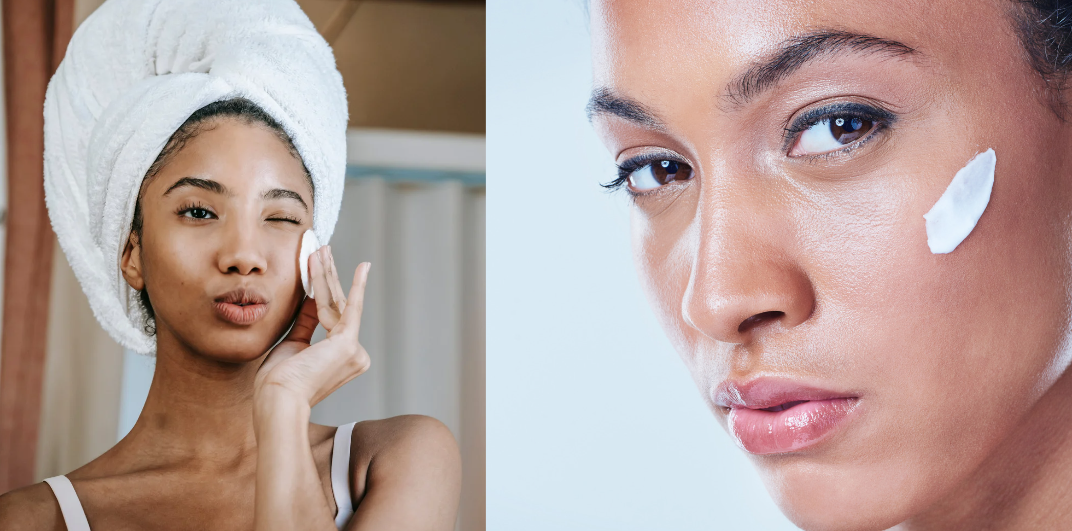
Sensitive Skin? Skip These Ingredients in Your Beauty Products!
Keep Your Skin Happy and Healthy with These Tips
Having sensitive skin can be a challenge when it comes to finding beauty products that work for you. Certain ingredients can trigger irritation, redness, or breakouts, leaving you with unhappy skin. But fear not! By avoiding these ingredients, you can keep your skin looking and feeling its best.
10 Ingredients to Avoid in Your Beauty Products
1. Fragrance:
Often listed as “parfum” or “fragrance,” this common ingredient can irritate sensitive skin and cause allergic reactions.
2. Alcohol:
Drying and harsh, alcohol can strip your skin of its natural oils and lead to irritation and inflammation.
3. Sulfates:
Found in many cleansers and shampoos, sulfates can be too harsh for sensitive skin and cause dryness and itching.
4. Essential Oils:
While natural, essential oils can be potent and irritating to sensitive skin, especially in high concentrations.
5. Retinoids:
These powerful anti-aging ingredients can cause redness, dryness, and flaking in sensitive skin.
6. Salicylic Acid:
Commonly found in acne treatments, salicylic acid can be too harsh for sensitive skin and cause irritation and peeling.
7. Benzoyl Peroxide:
Another acne-fighting ingredient, benzoyl peroxide can cause dryness, redness, and flaking in sensitive skin.
8. Synthetic Dyes:
Artificial colorants can be irritating to sensitive skin, and may even cause allergic reactions.
9. Parabens:
Used as preservatives in many beauty products, parabens can cause allergic reactions in sensitive skin.
10. Formaldehyde:
Often found in nail polish and hair straightening treatments, formaldehyde is a known irritant and can cause redness and itching.
By avoiding these ingredients, you can help keep your sensitive skin happy and healthy. Always read the ingredient labels carefully, and do a patch test before trying new products. And remember, just because a product is marketed as “gentle” or “for sensitive skin,” doesn’t mean it’s necessarily safe for you.

